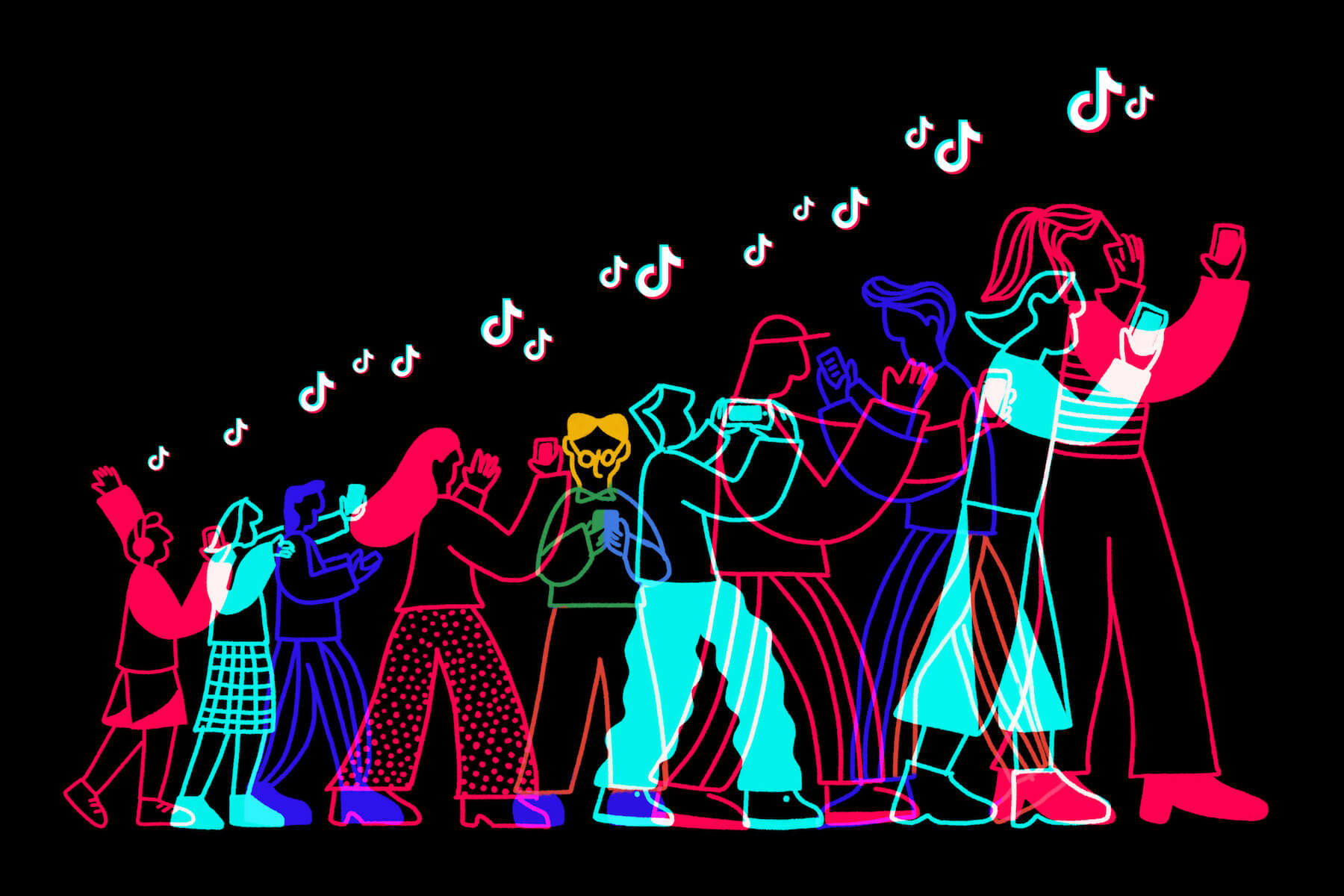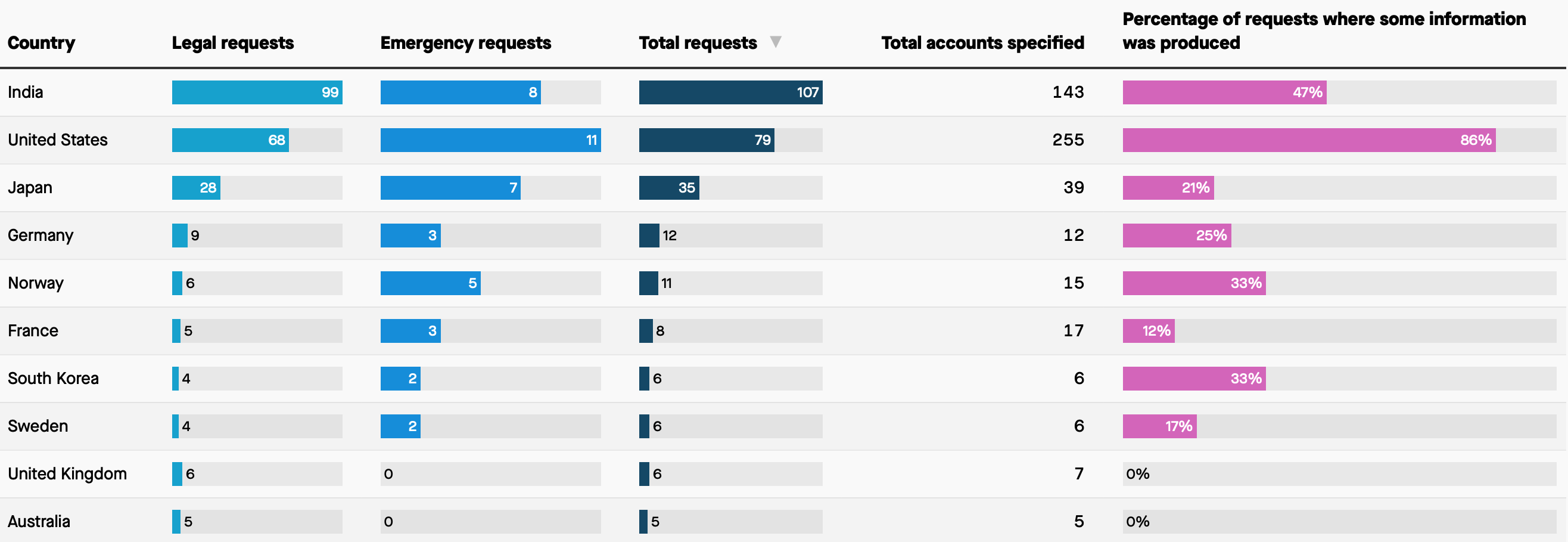In context: In its first transparency report, TikTok revealed that the two countries where most of its users are located account for most of the information and takedown requests it received throughout the first half of 2019. Notably absent from the analysis is China, the place where owner ByteDance operates the same social media app under the Douyin brand.
TikTok has published its first transparency report, aimed at letting users in on the volume and sources of governmental requests for content takedowns, account information, and other notifications. The analysis covers the period between January 1st and June 30, 2019, when the social media app received almost 300 requests from 28 countries around the world.
Interestingly, the company says the Chinese government made no requests in the first half of 2019, which is hard to believe given the history of censorship exercised by companies in the region to appease officials.
This has led to speculation that the company isn't forthcoming about that information, especially since leaked documents point to the Chinese government requesting the removal of several videos linked to the Hong Kong protests in 2019. The company chalked it down to a failed test on some updated content guidelines, but only managed to bring its owner, ByteDance, into the crosshairs of the US Committee on Foreign Investments.
A more plausible explanation would be that TikTok doesn't serve the Chinese audience, a role delegated to its sister app, Douyin, which is known to be subject to more strict guidelines.
In any case, TikTok's transparency report shows the US and India sending the majority of requests. The Indian government sent 107 requests, almost half of which were honored. By comparison, the US sent a total of 79 requests, 86 percent of which resulted in some information being produced. The two countries also lead in the number of account suspension requests, which are in the single digits.
In terms of copyright take-down notices, TikTok says 85 percent of all 3,345 received from nine countries have resulted in some content being removed.
Eric Ebenstein, the company's head of public policy, noted that "TikTok is committed to assisting law enforcement in appropriate circumstances while at the same time respecting the privacy and rights of our users. [...] We believe that when people feel safe, their creativity can flourish."
The company is expected to release a report for the second half of 2019 in the coming months. In the meantime, TikTok just got banned by the US Army, following a similar measure by the Pentagon and the US Navy. That has parent company ByteDance worried that it may soon be pressed to sell off the app, so it's scrambling to move its operations outside of China. If you haven't gotten a chance to try TikTok you can download it here.

